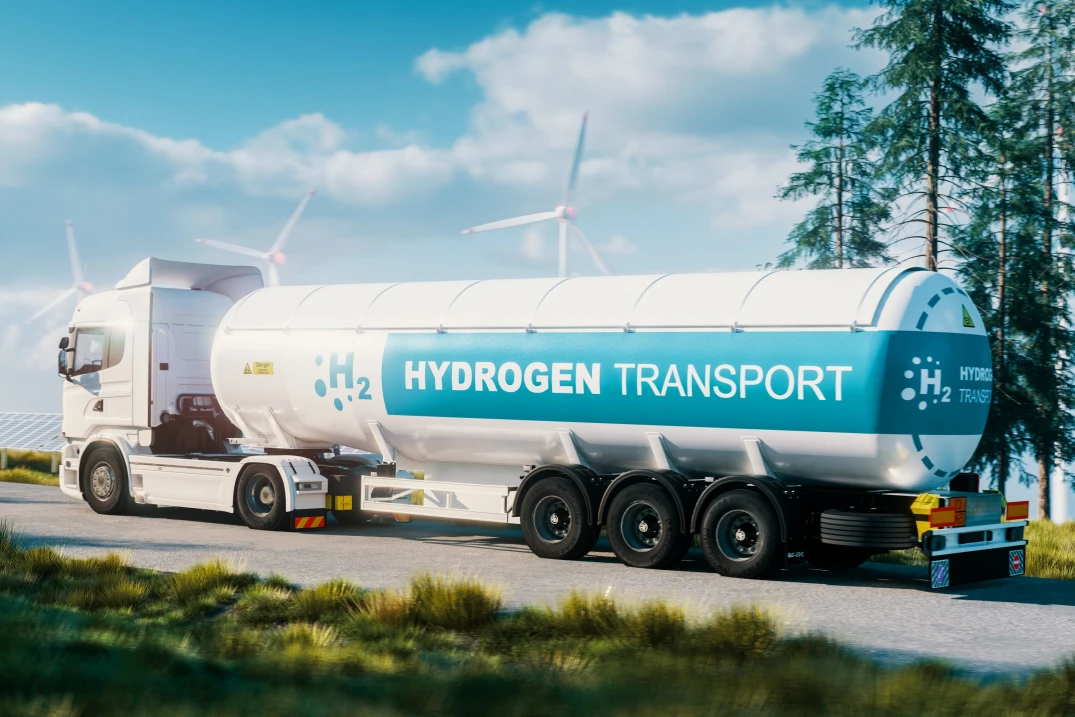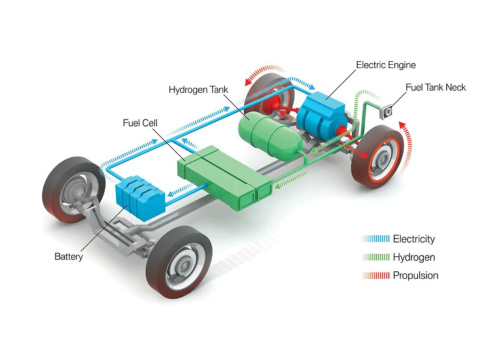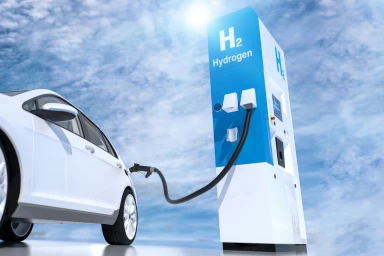The 5 Main Advantages of Using Hydrogen Energy over Traditional Fuels

Hydrogen energy is gaining significant attention as a clean and sustainable alternative to traditional fuels. As the world seeks to reduce emissions and transition towards green energy sources, hydrogen offers several advantages. Let's explore the five main benefits of using hydrogen energy compared to traditional fuels.
Advantages of Hydrogen Fuel
Clean Energy
One of the primary advantages of hydrogen energy is its cleanliness. When hydrogen is used as a fuel, it produces no harmful emissions. Using hydrogen in fuel cells only generates water vapor as a byproduct, making it an ideal choice for reducing greenhouse gas emissions and improving air quality. By replacing traditional fuels with hydrogen, we can make significant strides in achieving a cleaner and more sustainable energy system.
Energy Efficiency
Hydrogen energy offers higher energy efficiency compared to traditional fuels. Conventional combustion engines waste a significant amount of energy as heat. In contrast, fuel cells convert a higher percentage of the fuel's energy into usable electricity, resulting in improved overall efficiency. This translates into greater energy output for the same amount of fuel consumed, reducing waste and optimizing energy utilization.
Renewable Potential
Hydrogen can be produced from renewable energy sources such as solar and wind power through electrolysis. This means that hydrogen has the potential to be a truly renewable energy carrier. By utilizing hydrogen produced from renewable sources, we can create a sustainable energy system that helps reduce reliance on finite fossil fuels and mitigates environmental impacts.

Versatility
Hydrogen energy is highly versatile and can be used in various sectors. It can power transportation, providing a zero-emission alternative to fossil fuel-powered vehicles. It can also be used in industries such as manufacturing and energy production. Moreover, hydrogen can be stored and used as a backup power source during periods of high demand or when renewable energy sources are intermittent. This versatility makes hydrogen a valuable solution for meeting diverse energy needs.
Technological Innovation
The adoption of hydrogen energy promotes technological innovation and advancements. As hydrogen becomes more prevalent, research and development efforts will increase, leading to improvements in hydrogen production, storage, and utilization technologies. This will drive down costs, enhance efficiency, and expand the range of hydrogen applications, fostering a sustainable and dynamic energy landscape.

Conclusions
Hydrogen energy offers significant advantages over traditional fuels. Its clean nature, high energy efficiency, renewable potential, versatility, and capacity to drive technological innovation make it a promising solution for reducing emissions and transitioning to a green energy future. By embracing hydrogen as a viable fuel source, we can accelerate the shift towards a more sustainable and environmentally friendly energy system.






